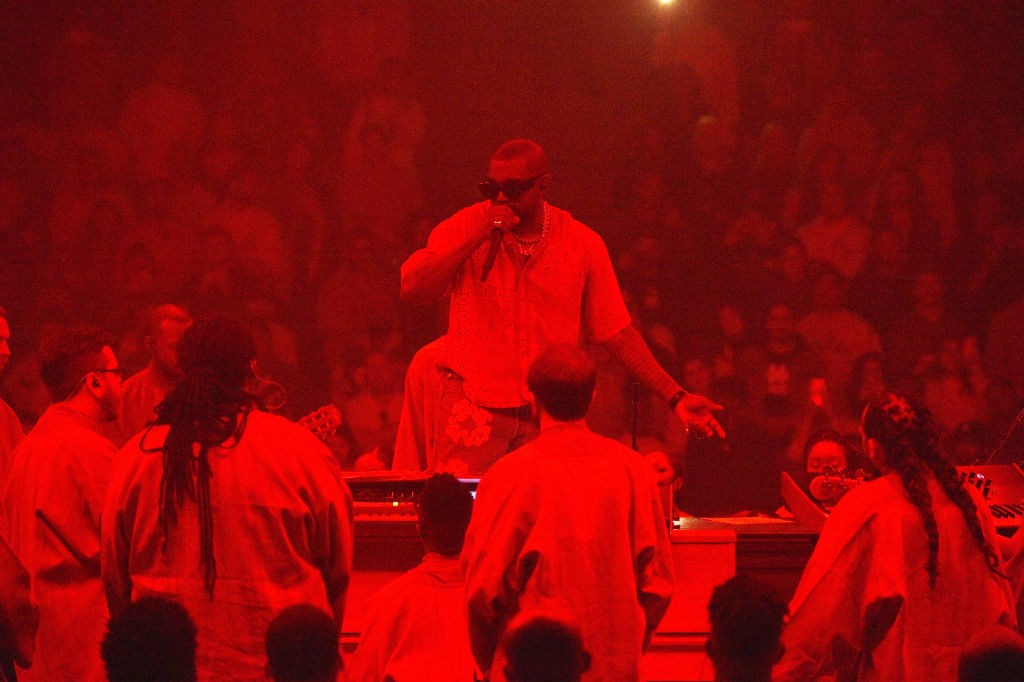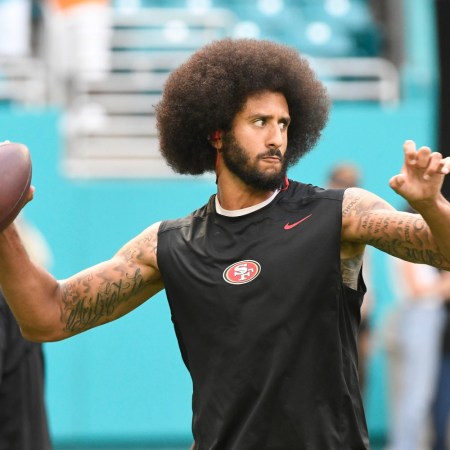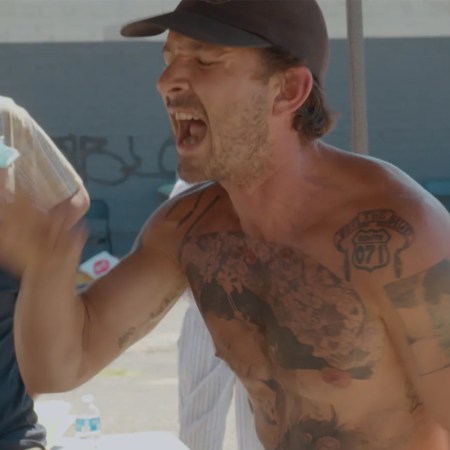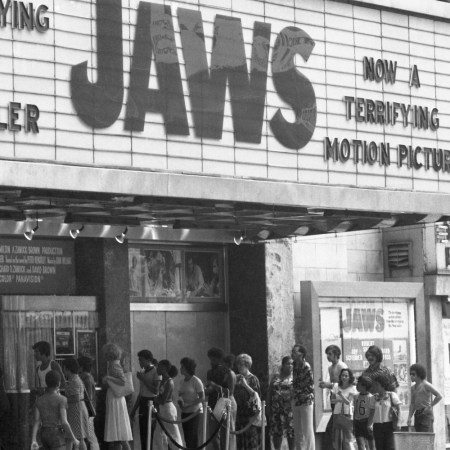Among the films debuting at this year’s Sundance Film Festival is one that’s been 22 years in the making, about one of the highest-profile creative figures working right now. Jeen-Yus, from co-directors Coodie Simmons and Chike Ozah, offers viewers an in-depth look at the life of Kanye West. The next destination of this three-part work involves distribution through Netflix — except that its subject is pushing back against the streaming giant.
On Friday, West took to Instagram and asked Netflix for final cut over the film. “I’m going to say this kindly for the last time,” West wrote. “I must get final edit and approval on this doc before it releases on Netflix”
“Open the edit room immediately so I can be in charge of my own image,” he added.
That West would want control over the film isn’t necessarily surprising; he is, after all, someone who has a penchant for revising his music again and again. But, as Simmons pointed out in an interview with Variety, West might be the subject of the film, but he isn’t necessarily its auteur.
“I needed to tell this story,” Simmons said. “It’s not about making Kanye likable or not. The footage doesn’t lie. What makes the film special is that it’s not something definitive; it’s his journey through my vision.”
In the right hands, a documentary can be revelatory in terms of what it discloses about its subject. Think of Josh Kriegman and Elyse Steinberg’s 2016 Weiner, or virtually every film Errol Morris has made in the last 25 years. The most flattering portrayal of a documentary’s subject isn’t necessarily going to be the most accurate. On the other hand, the subject of a documentary is also under no obligation to participate if they’re concerned about their image.
A 2009 report from the Center for Media and Social Impact noted cases where a subject “had more social power than [the filmmakers] did” — and where the subjects appeared to be “[exerting] control over the film’s outcome that differed from that of the filmmakers.”
This isn’t to say that celebrities looking for a favorable reception don’t have other avenues to turn to. Tom Brady is an executive producer on Man in the Arena, for instance — but that’s something that’s been clear from the outset. And it likely means that viewers are unlikely to see much unflattering coverage of Brady from the series in question.
But that’s also the difference between an authorized biography, an unauthorized biography and an autobiography. A documentary subject allowing filmmakers a certain level of access without stating their desire for control over a project isn’t the filmmakers’ problem. And West — or any celebrity — trying to gain control over a project like this doesn’t exactly reflect well on them — offsetting any gains that they may have sought to make in the editing room.
Thanks for reading InsideHook. Sign up for our daily newsletter and be in the know.


















